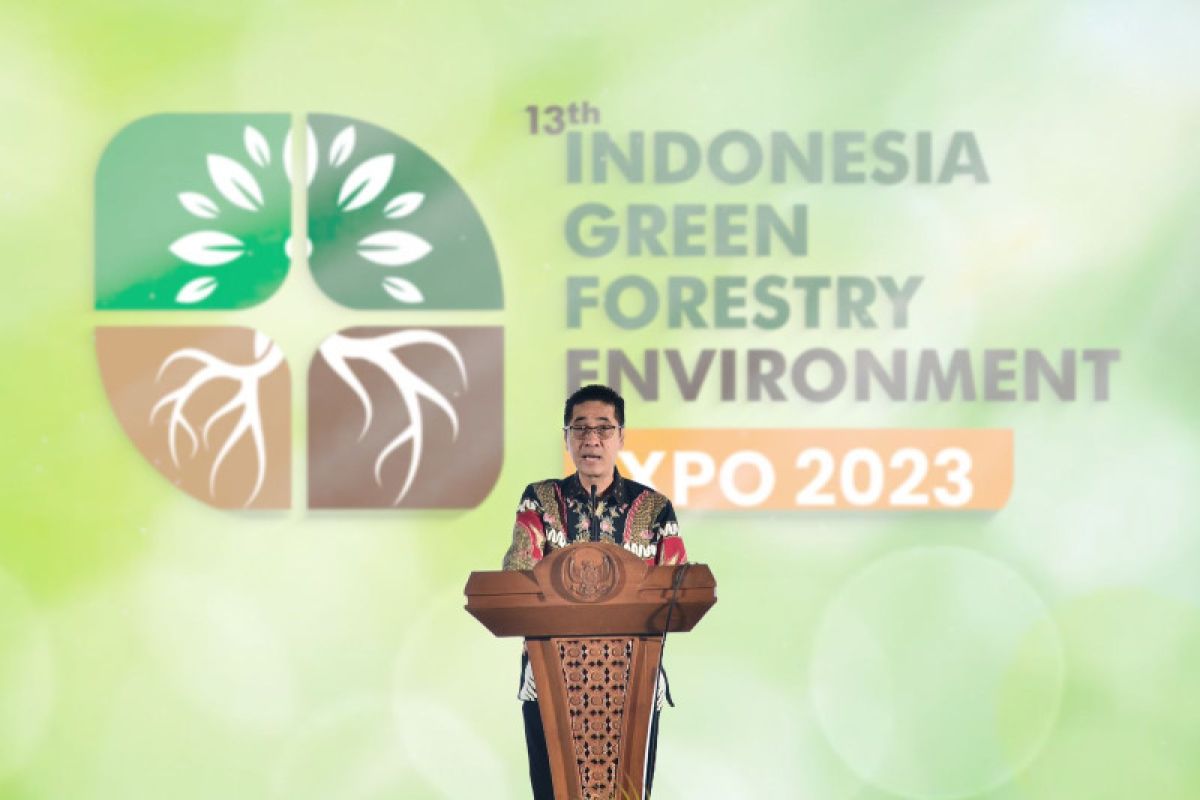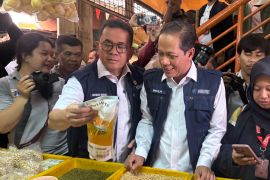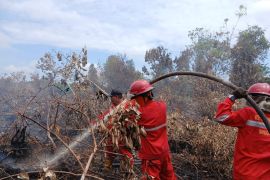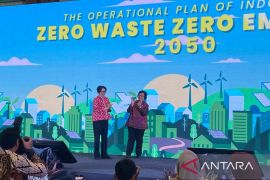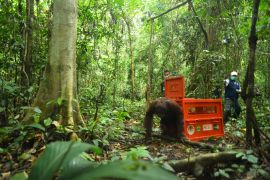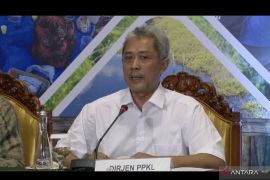KLHK's Director General of Forest Management Agus Justianto noted in a statement here on Friday that his administration pursues the commitment and responsibility of sustainable development for the well-being of humanity.
"Currently, the world is facing a difficult challenge. The earth is in the middle of triple planetary challenges: climate change, loss of biodiversity, and pollution. The three are interconnected, and there is urgency to address those," he stated.
The best way forward during the time of crises is to collaborate with each other to act and counter those issues, he emphasized.
The pandemic also makes everyone realize that no country can single handedly put an end to a crisis. The issue of climate change also calls for people to prioritize multilateralism and collaboration.
"All of us need to be part of the solution. We have to prevent the rise in global temperature from exceeding beyond 1.5 degrees Celsius," Justianto stated.
Policies on the environment and forestry sector that have undergone corrections will be improved further, he remarked.
Some policies that have been changed and improved include transformation in structure and human and natural resources' productivity in order to address disparity and ensure welfare in terms of land management access.
The forest area will be separated for two uses. As much as 12.7 million hectares will be used for social forestry and around 4.1 million hectares for Agrarian Reform Land.
Corporate permits will be limited, and the rate of corporate ownership is estimated to go down, from 96 percent to 71 to even 69 percent. Concurrently, allocation for the public is 29-31 percent.
The second is to pursue a moratorium for over 66 million hectares of primary forest and peatlands, restoration and water management for 3.4 million hectares of peatlands, river and mangrove rehabilitation, shifting paradigm towards forest landscape management, and adopting the multi-business forestry model.
The third measure is prevention of biodiversity loss through protection as well as area conservation to maintain wetlands and the habitat.
The fourth is to reduce the deforestation rate to its lowest point. In 2020, it was 115 thousand hectares, and the figure decreased in the following year.
The fifth is to take climate actions in several sectors, including through area arrangement, controlling forest and land fire permanently, climate village programs, waste management in the circular economy concept, and carbon economic values.
The sixth is to control carbon emissions through the 2030 FOLU Net Sink plan in a bid to control climate change.
The seventh is to develop regulation and work instruments in the environment and forestry sector.
The eighth is to establish climate resilience through restoration efforts, such as through forest and land rehabilitation as well as mangrove and peatlands' restoration and management.
"In terms of climate change control, Indonesia consistently tries to lead and set an example," he concluded.
Related news: Timah successfully rehabilitates Tuing watershed in Bangka: ministry
Related news: Remain alert against greenwashing practices: minister to stakeholders
Translator: Sugiharto Purnama, Mecca Yumna
Editor: Anton Santoso
Copyright © ANTARA 2023
